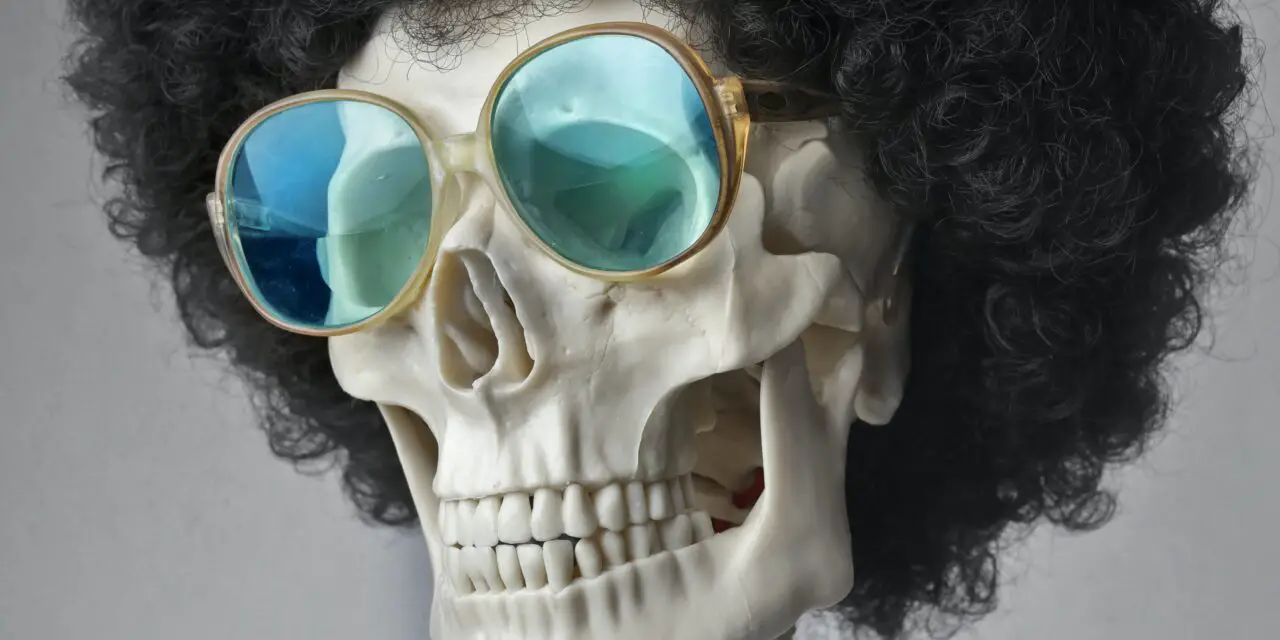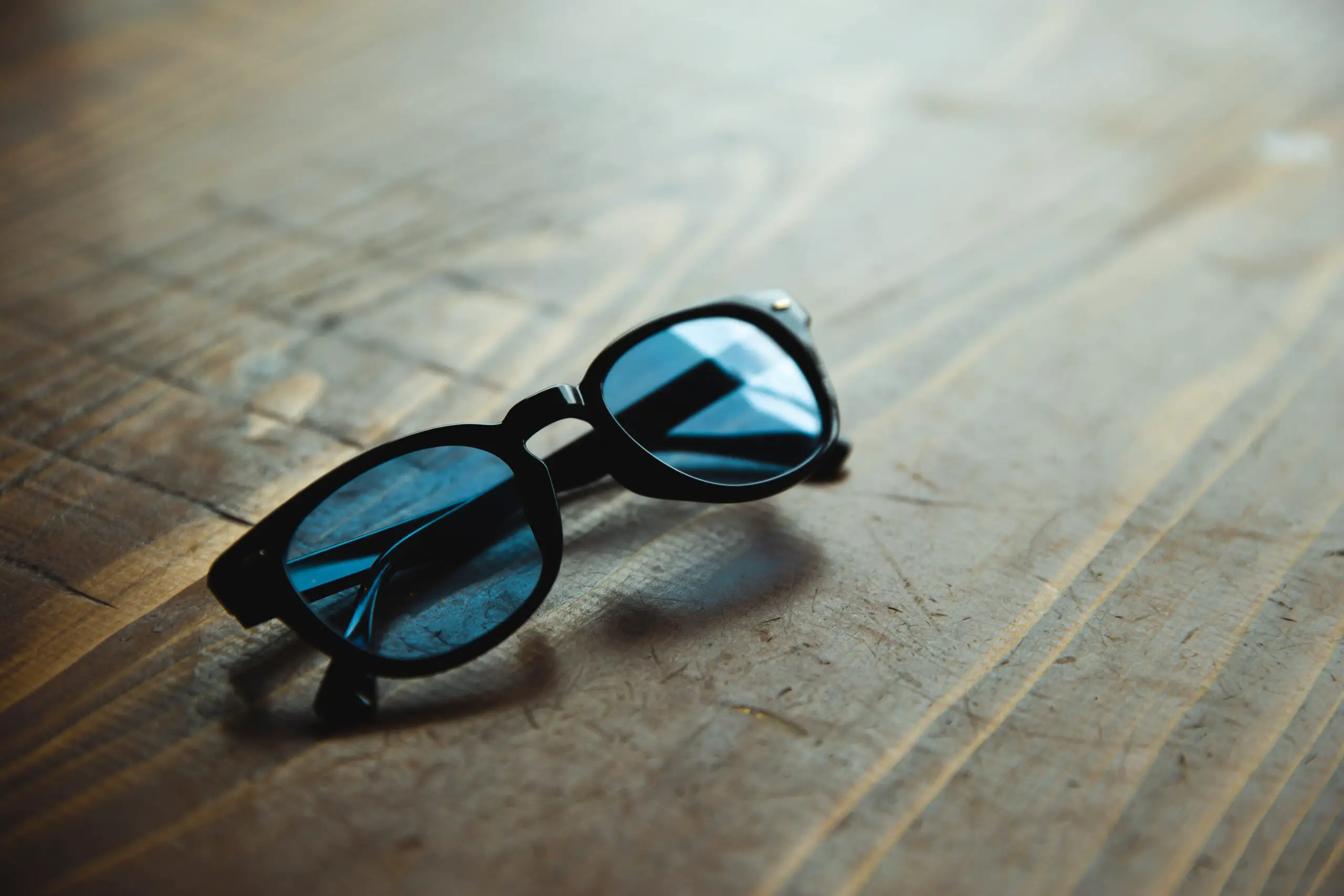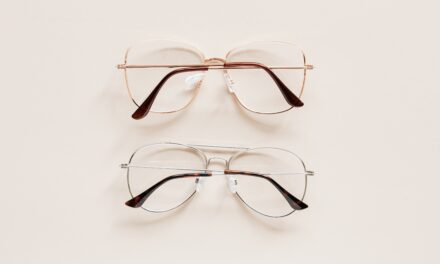Can wearing glasses change the shape of your skull? This is a question many people ask themselves when they get their first pair of glasses. After all, it seems like such an innocent thing to do – put on my new glasses and start seeing better. But can something that seemingly has no physical effect on your body also alter the way you look at yourself?
Theoretically, glasses can deform the skull if they are not a good fit or if the frame applies too much pressure over an extended period. However, the shape of your skull will not change permanently.
Finding the right fit is crucial. Glasses that are too tight may cause distortions in the shape of your skull, so make sure to get a size that is loose enough around your head (but not too big). This comprehensive guide will help you make the right choice.
Do Glasses Change the Shape of Your Skull?
Wearing glasses may not just change the way you see the world – it could also be changing the shape of your skull. If they are not a good fit, or if the frame applies too much pressure over an extended period, your skull may start to form a “pinch,” or concave shape.
Most people start noticing dents behind their ears and on the sides of their heads, where glasses are usually most uncomfortable. At this point, it’s likely that you already have slight dents in your skull if you’ve been wearing the glasses for an extended period.
You must wear glasses from an optometrist who has the expertise and knowledge about how your skull should naturally form to make sure they fit correctly. However, glasses do not permanently change the shape of your skull – if you stop wearing them, the bones will go back to their original state.
Source: Progressive Glasses
How to Prevent Glasses From Causing Dents in Your Skull
You may be wondering what to do about those unsightly dents that your glasses are causing. Fortunately, there are solutions. For starters, ensure that your frames are a good fit. You can either have your current frames adjusted, or you can get new frames.
Adjusting the pads of your glasses also goes a long way in improving comfort and preventing dents. If you wear glasses every day, it’s probably a good idea to buy gel pads made explicitly for eyeglasses frames and use them as needed.
If you tend to wear your glasses for hours on end, consider taking them off when you’re not using them (after all, your eyes need to rest). You can also try switching to contact lenses from time to time to get a break from the pressure your glasses apply on your skull.
Alternatively, you can choose to wear contact lenses exclusively. This way, you can avoid any problems caused by your glasses. Contact lenses offer many benefits, including a more natural appearance, improved eye health, and freedom from glasses.
Lasik surgery may also be an excellent option if you want to stop wearing glasses altogether. This surgical procedure reshapes the cornea of your eye, which lets you see without glasses. However, if you decide to go for this option, ensure you visit a qualified eye doctor first to have your eyes examined and ensure you don’t have any underlying eye problems that could increase your risk of developing complications with this surgery. A consultation with an expert will also help you make an informed decision based on the risks and benefits.
If you’re still not sure what the right option is for you, ask your ophthalmologist or optometrist to help guide you in making an educated decision about wearing glasses.
Source: Leaf
Wrapping Up
Noticing dents behind your ears after a long time of wearing glasses can be concerning and understandably so. If you were wondering if your glasses are the cause of them, the answer likely is a resounding yes. However, it’s important to note that these dents will go away on their own if you stop wearing your glasses too much or have the fit adjusted to your face.
Contact lenses are also an excellent alternative. However, if you’re not sure what the right option is for you, ask your ophthalmologist or optometrist to help guide you in making an educated decision about wearing glasses. They can tell if there’s a medical reason that dictates one way over another and will be able to give expert guidance on how often we should wear them every day.





